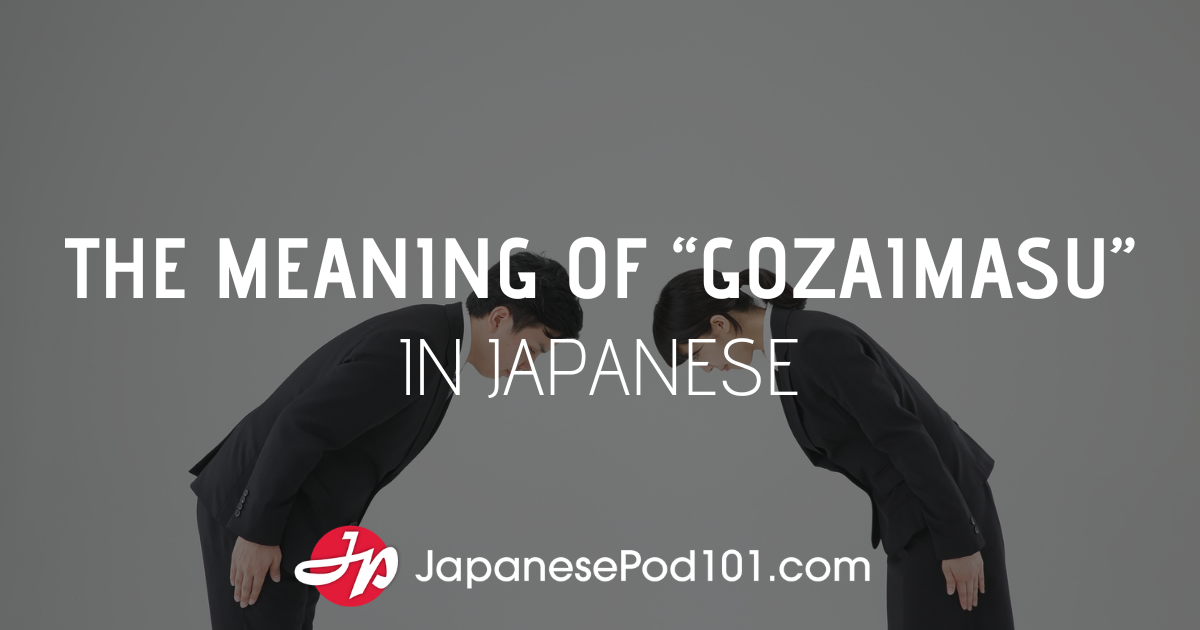| Quick Links Welcome to Kanji Curiosity | The Basics | Glossary |
In the movie Atonement, there’s a scene between a detective and a girl who claims to have witnessed a man’s crime. The detective asks her pointedly, “Did you see him with your own eyes?”
She replies deliberately, “Yes, I saw him with my own eyes.”
Whose eyes might she have used instead? I was so distracted by the weird phrasing that I missed much of the ensuing conversation. I must have heard this expression before, but it’s as if I heard it with new ears (my own, by the way).
Have English speakers really made use of this redundant expression? Do we still say it regularly, or was this more a quaint turn of phrase from the British World War II period (the setting for the film)?
It’s Not Just English Speakers …
It makes sense that the detective emphasized the importance of seeing the crime, but information can obviously filter into our minds in many other ways. Case in point: Some Japanese words about fact-finding or truth-telling combine the kanji for “fact” or “truth” (実, as we’ve seen over past weeks) with characters for body parts. Here’s an example:
実聞 (jitsubun: to hear with one’s own ears) reality + to hear
Breen defines this rare compound as “to hear with one’s own ears.” This sort of oddity really must be a part of our language!
Hearing with Someone Else’s Ears …
Going with the pattern, what would you expect 口実 to mean? Saying something with your own mouth? Well, that’s kind of true and kind of not:
口実 (kōjitsu: excuse, pretext) mouth + contents, substance
When you make an excuse, you appear to be the one speaking. But you’re not speaking authentically (that is, truthfully, sincerely, and from a place deep inside yourself), so it’s as if it isn’t really you who’s talking. You’re using a type of ventriloquism, only you’re the puppet … and the puppetmaster! (How did this get so confusing?!)
If we inject a kanji into the middle of that compound, everything changes:
口忠実 (kuchimame: talkative) mouth + loyalty + faithfulness
There’s quite a lot going on here. First, how do mouth + loyalty + faithfulness add up to mean “talkative”?! Second, look how different the yomi of kuchimame is from kōjitsu, just above. The on-yomi KŌ turned into the kun-yomi kuchi. Well, OK. That happens. But 実 can’t have the yomi of me. Likewise, the middle kanji 忠 (CHŪ, tada, tadashi) can’t have the yomi of ma, as one might think from this word. So kuchimame appears to be an instance of ateji.
I believe it’s time for a Verbal Logic Quiz. Be sure to solve it with your own mind!









